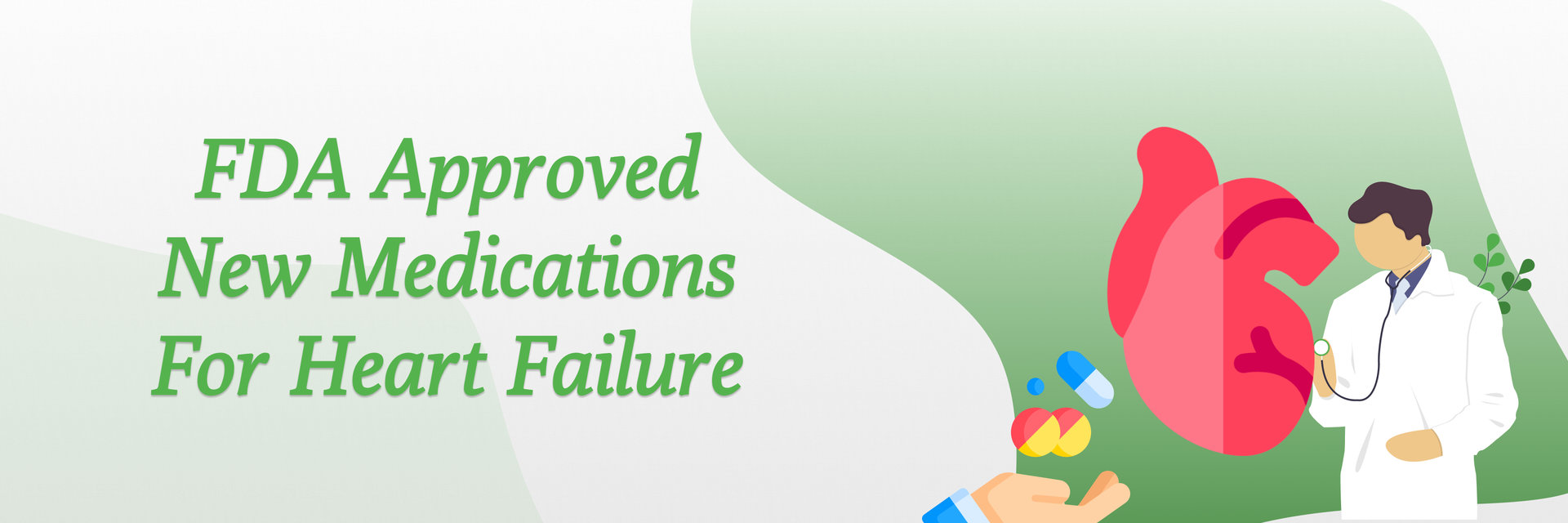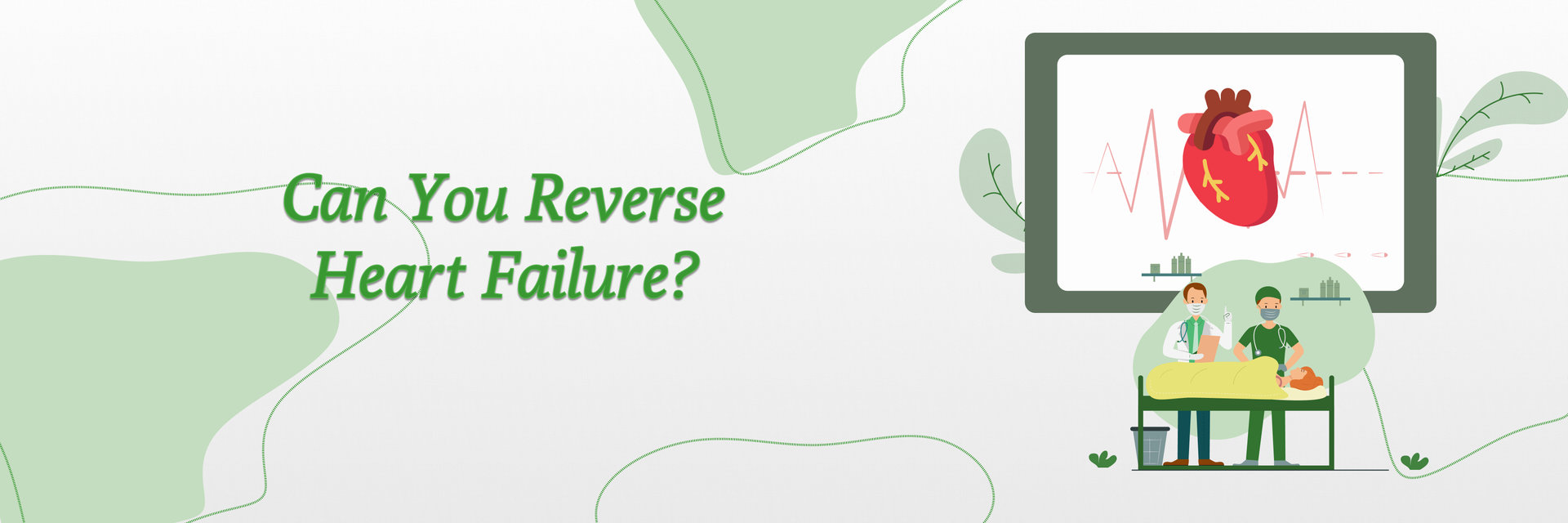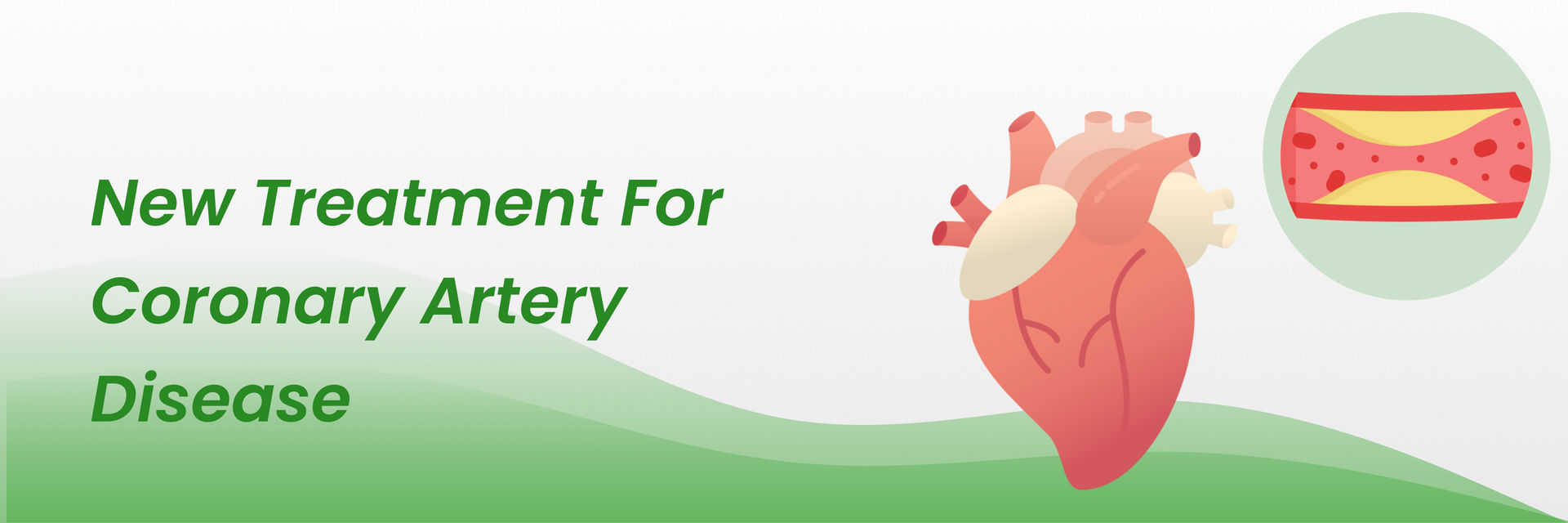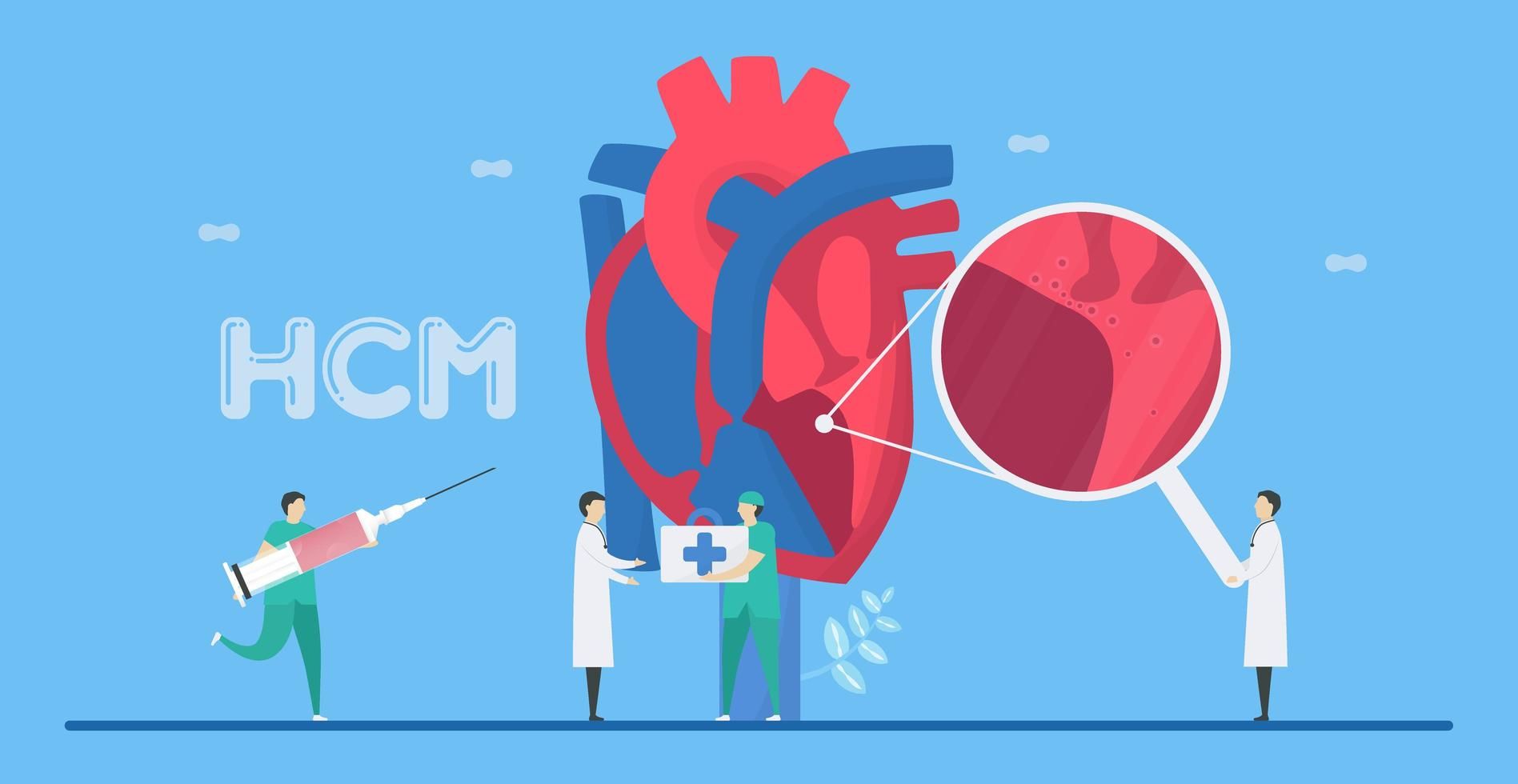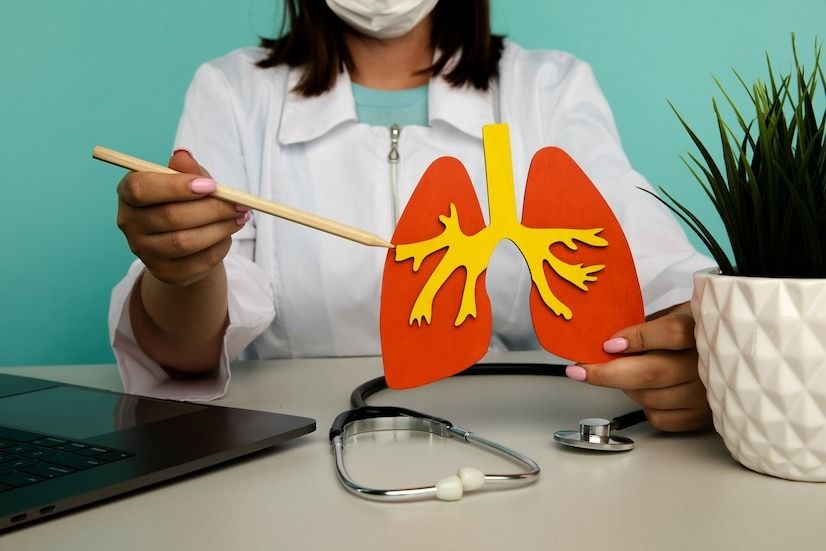Overview
Can hypertension affect mental health?
The answer is yes, hypertension high blood pressure could be affecting your mental health.
Hypertension, or high blood pressure, is a common condition that can lead to severe health issues like heart disease, stroke and kidney failure. Recent studies have shown that about 45% of adults worldwide have hypertension. What many people don't realize is that hypertension can also impact mental health.
When your blood pressure is high, it puts extra strain on your heart and blood vessels, leading to various health complications. But the effects don't stop there. Hypertension is linked to mental health problems such as anxiety, depression, and stress. Managing both hypertension and mental health is crucial for well-being.
Now, you might be wondering if there is a connection between hypertension and mental health.
Dr. Bhaskar Semitha, a Cardiothoracic Surgeon in Mumbai, explains:
"Chronic stress raises blood pressure by keeping the body in a constant state of alert, which can impair memory and concentration, and increase the risk of dementia. Anxiety and depression are common among hypertension patients and can worsen blood pressure control. Effective management involves stress reduction techniques, regular exercise, a healthy diet, and proper sleep."
Understanding Hypertension
Causes and Risk Factors
Yes, there are several common causes and risk factors for hypertension.
- Genetics: Family history of high blood pressure
- Age: Risk increases with age
- Lifestyle: Poor diet, lack of exercise, and smoking
- Obesity: Higher body weight strains the heart
- Chronic Conditions: Diabetes, kidney disease, and sleep apnea
Symptoms and Complications
Many people with hypertension do not experience symptoms, which is why it's often called the "silent killer." But, when symptoms do occur, they may include:
- Headaches
- Shortness of breath
- Nosebleeds
Complications of untreated hypertension include:
- Heart Attack and Stroke: Damage to arteries leading to heart and brain
- Heart Failure: The heart has to work harder, leading to enlargement and weakening
- Kidney Damage: Strains blood vessels in kidneys
- Vision Loss: Damages blood vessels in the eyes
Consult with a cardiologist today to check your blood pressure and discuss how to maintain healthy levels.
How Hypertension Affects Mental Health?
Hypertension puts constant pressure on your blood vessels, which can affect brain function. This chronic stress can lead to mental health issues by affecting the brain's ability to manage stress and emotional regulation.
Common Mental Health Issues Associated with Hypertension
There are several mental health issues linked to hypertension.
- Anxiety: High blood pressure can cause physical symptoms like rapid heartbeat and sweating, which can increase anxiety levels.
- Depression: The stress of managing a chronic condition like hypertension can lead to feelings of hopelessness and sadness.
- Stress: Living with hypertension can be stressful, and stress can, in turn, worsen blood pressure.
Impact of Hypertension on Cognitive Function
Effects on Memory and Concentration
High blood pressure can reduce blood flow to the brain, impairing cognitive functions. People with hypertension often report issues with short-term memory and difficulty concentrating.
- Reduced Blood Flow: High blood pressure decreases blood flow to the brain.
- Impaired Cognitive Functions: Affects memory and concentration.
- Reported Issues: Problems with short-term memory and focus.
Long-term Cognitive Risks
Chronic high blood pressure increases the risk of developing dementia and other cognitive impairments. Over time, hypertension can cause damage to the brain's blood vessels, leading to these severe conditions.
- Dementia Risk: Increased likelihood of developing dementia.
- Cognitive Impairments: Long-term cognitive decline.
- Vessel Damage: Hypertension causes damage to brain blood vessels over time.
We learnt that hypertension can impact mental health, but we shouldn't forget that mental health conditions like excessive stress can also lead to hypertension. How?
Let's read ahead.
What is the Role of Mental Health Conditions in Hypertension?
Stress plays a significant role in hypertension.
Stress and its impact on hypertension
When you're stressed, your body produces hormones like adrenaline and cortisol, which increase blood pressure. Your body's natural response to stress prepares you to deal with immediate threats. Yet, in today’s world, stress is often chronic rather than occasional. This continuous production of stress hormones can damage your blood vessels, heart, and kidneys over time, leading to chronic hypertension. Moreover, chronic stress often leads to unhealthy habits like poor diet, lack of exercise, and smoking, which further contribute to high blood pressure.
- Adrenaline and Cortisol: Stress hormones that increase blood pressure.
- Natural Response: The body prepares to deal with threats.
- Chronic Stress: Leads to long-term high blood pressure.
Anxiety and Its Impact on Blood Pressure
Anxiety can cause temporary spikes in blood pressure due to the body's fight-or-flight response. Over time, this can contribute to sustained hypertension.
- Fight-or-flight response: Anxiety triggers a natural stress response.
- Temporary Spikes: Short-term increase in blood pressure.
- Long-Term Impact: Contributes to chronic hypertension.
Depression and its impact on hypertension
Hypertension can lead to feelings of depression due to the stress of managing a chronic illness. Depression can contribute to high blood pressure by affecting lifestyle choices and increasing stress hormones.
- Hypertension to Depression: Stress of chronic illness causes depression.
- Depression to Hypertension: Poor lifestyle choices and increased stress hormones raise blood pressure.
- Mutual Influence: Each condition can worsen the other.
Practice stress management techniques such as deep breathing and meditation to help control your blood pressure. Talk to an experienced psychiatrist today to learn more about managing stress levels and taking steps toward a healthier you.
How do you manage mental health to control hypertension?
Stress Management Techniques
Yes, managing stress can help control hypertension.
Effective stress management techniques can reduce your stress levels, which in turn helps lower your blood pressure.
- Deep Breathing: Practicing deep breathing exercises can calm your mind and body.
- Meditation: Regular meditation can help lower stress levels.
- Time Management: Organizing your time can reduce stress.
Lifestyle Changes (Diet, Exercise, Sleep)
Making positive changes to your daily habits can impact your blood pressure and health.
- Diet: Eat a balanced diet low in salt and high in fruits and vegetables.
- Exercise: Regular physical activity helps reduce stress and control hypertension.
- Sleep: Getting enough quality sleep is essential for managing stress and blood pressure.
Mindfulness and Relaxation Practices
Incorporating mindfulness and relaxation into your routine can help manage stress and lower blood pressure.
- Yoga: Combines physical activity with mindfulness to reduce stress.
- Progressive Muscle Relaxation: Helps relax tense muscles and reduce stress.
- Mindfulness Meditation: Focuses on being present and reducing stress.
Get in touch with an expert and incorporate stress management and lifestyle changes into your daily routine to help manage hypertension.
Treatment Options
Medications for Hypertension and Their Effects on Mental Health
Different medications are used to treat hypertension, and some may have side effects that impact mental health.
- Beta-Blockers: Lower blood pressure but may cause fatigue or depression.
- ACE Inhibitors: Effective for blood pressure with fewer mental health side effects.
- Calcium Channel Blockers: Help relax blood vessels and reduce blood pressure, generally with minimal impact on mental health.
Psychological Therapies (CBT, Counselling)
Psychological therapies can address the mental health aspects of hypertension, helping you manage stress and anxiety.
- Cognitive Behavioral Therapy (CBT): Helps change negative thought patterns contributing to stress.
- Counselling: Talking to a counselor can help manage the emotional impact of hypertension.
Integrative Approaches (Yoga, Meditation)
Incorporating practices like yoga and meditation can help manage both physical and mental stress, contributing to lower blood pressure.
- Yoga: Combines physical activity and mindfulness to reduce stress and improve health.
- Meditation: Regular practice can reduce stress levels and help manage hypertension.
Conclusion
Managing both hypertension and mental health is crucial for well-being. Chronic stress can lead to sustained high blood pressure, impair cognitive functions, and increase the risk of anxiety and depression. Effective management involves stress reduction techniques, lifestyle changes, and mindfulness practices. Medications and psychological therapies also play a vital role in controlling both conditions. Addressing both hypertension and mental health together can improve your health and quality of life.
FAQs
1. How does mental health affect hypertension?
Chronic stress, anxiety, and depression can raise blood pressure levels. These mental health conditions can trigger a "fight or flight" response, releasing stress hormones that constrict blood vessels and increase heart rate, leading to hypertension over time.
2. Can hypertension cause mental health problems?
Yes, hypertension can contribute to mental health issues such as anxiety and depression. The condition may lead to stress about health concerns, and the impact of high blood pressure on the brain may increase the risk of cognitive decline or mood disorders.
3. Is there a link between anxiety and high blood pressure?
Yes, anxiety can temporarily increase blood pressure due to stress responses. While it may not directly cause long-term hypertension, frequent spikes in blood pressure due to anxiety can contribute to developing high blood pressure.
4. Can treating mental health conditions improve blood pressure?
Yes, managing mental health conditions like stress, anxiety, or depression can positively affect blood pressure. Techniques such as relaxation exercises, therapy, and medication for mental health may help reduce blood pressure levels.
Reference:
https://www.ncbi.nlm.nih.gov/pmc/articles/PMC9254823/
https://www.westmedfamilyhealthcare.com/blog/hypertension-and-your-mental-health


